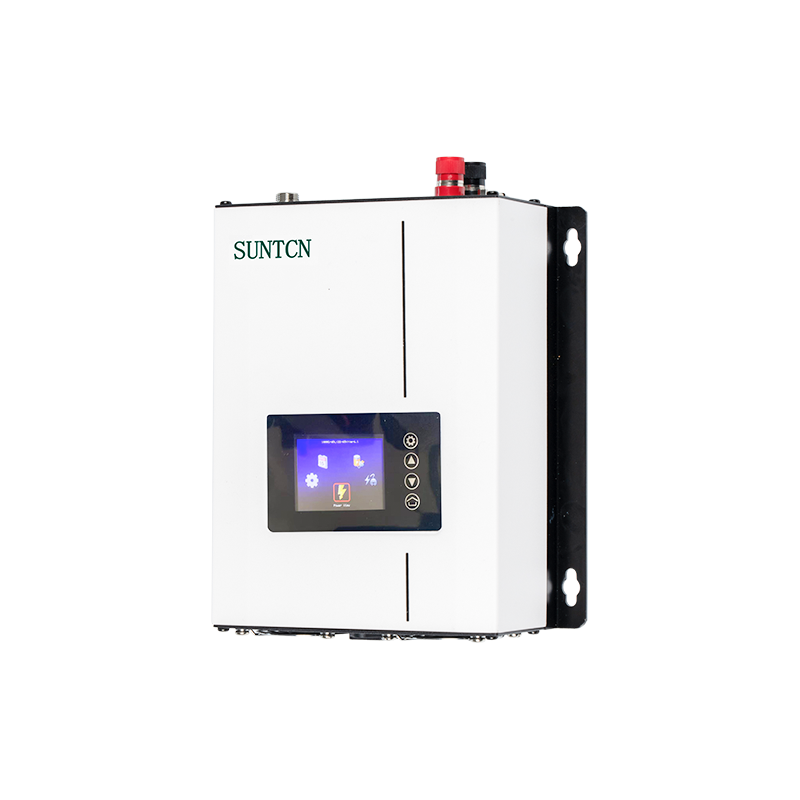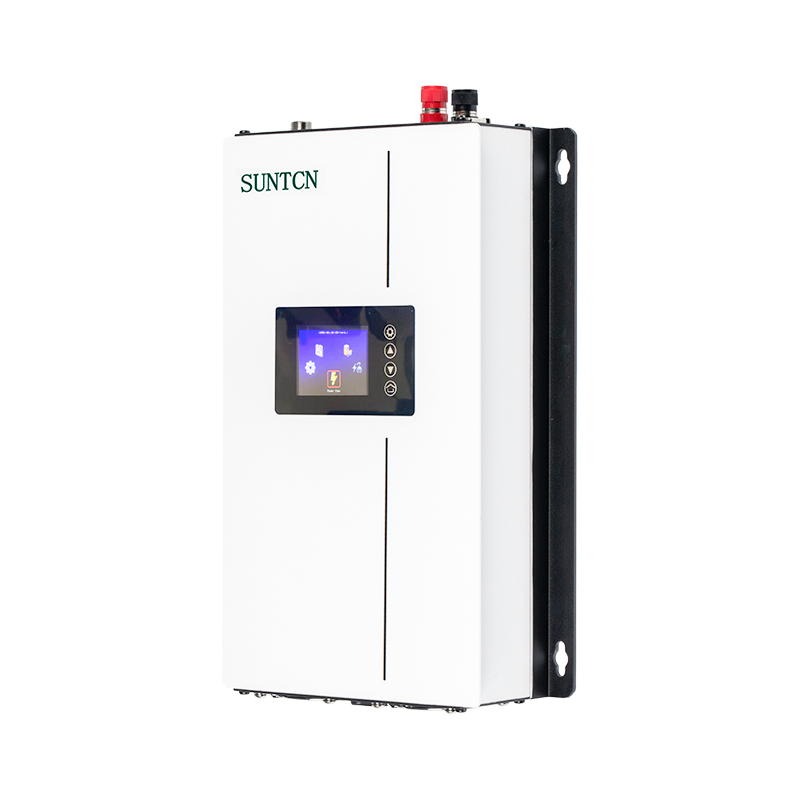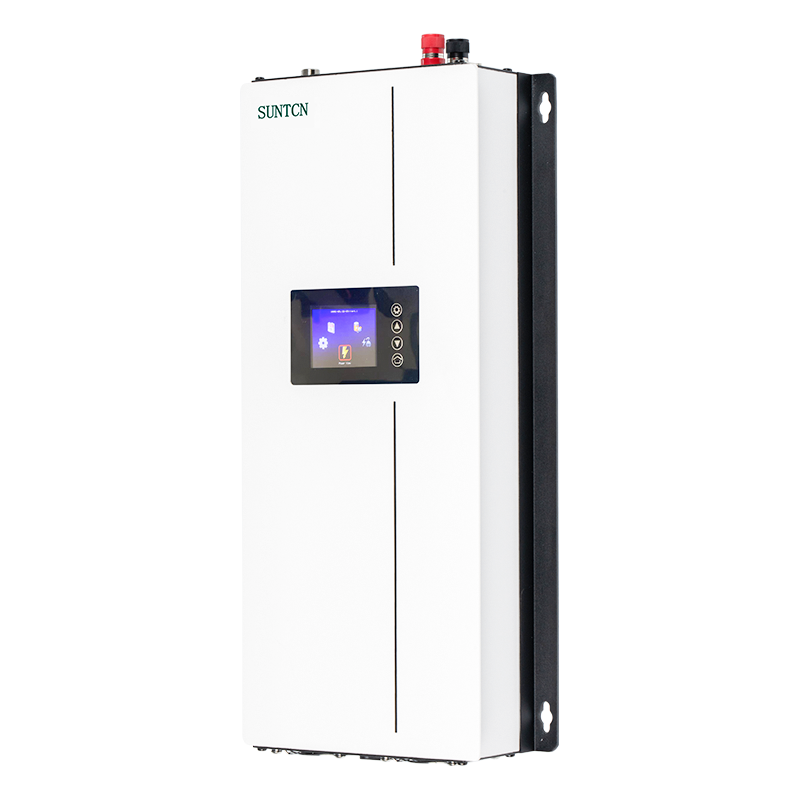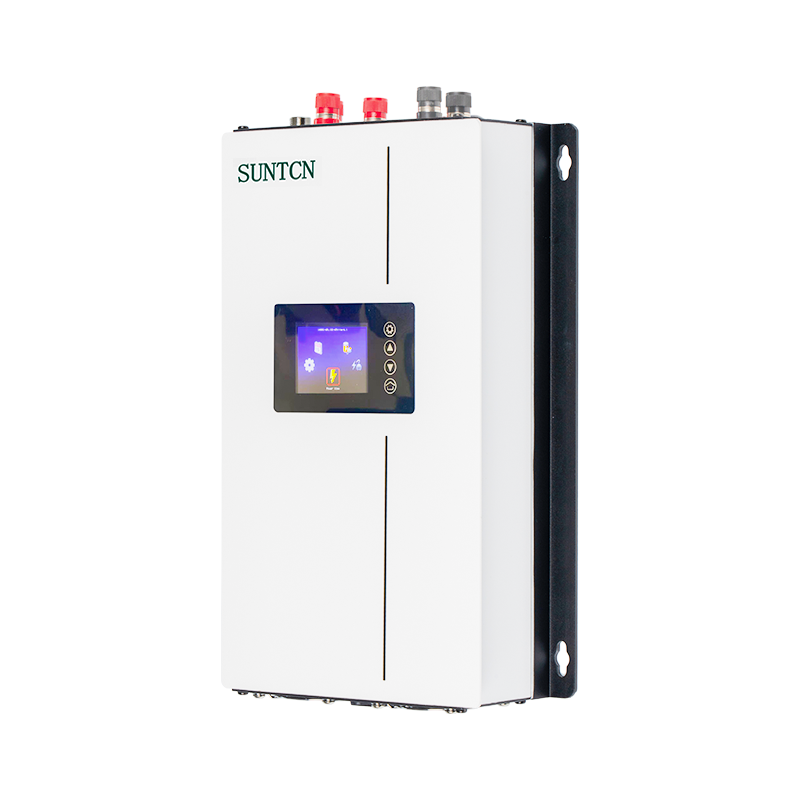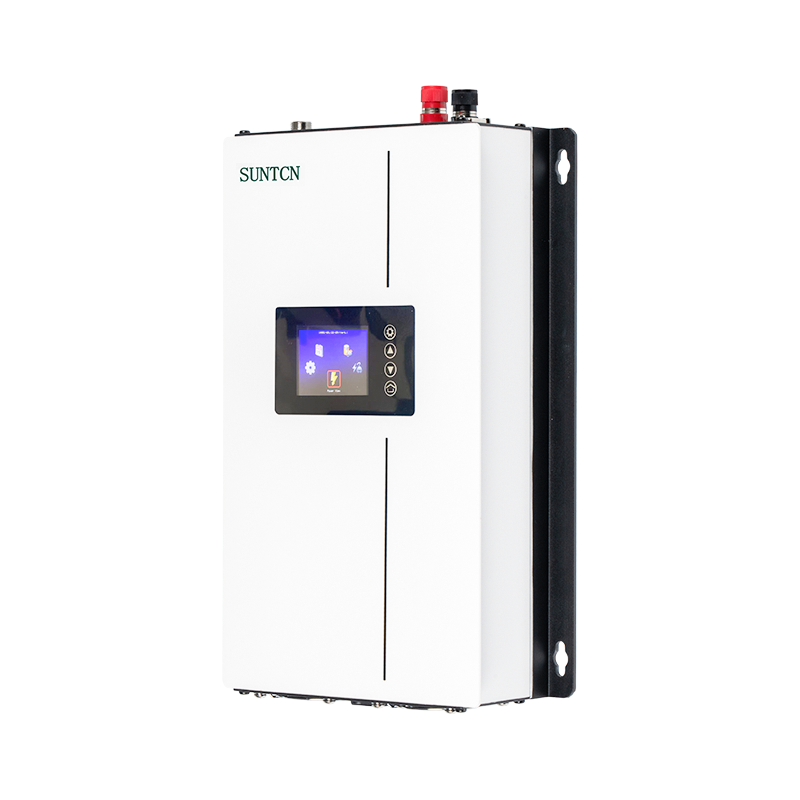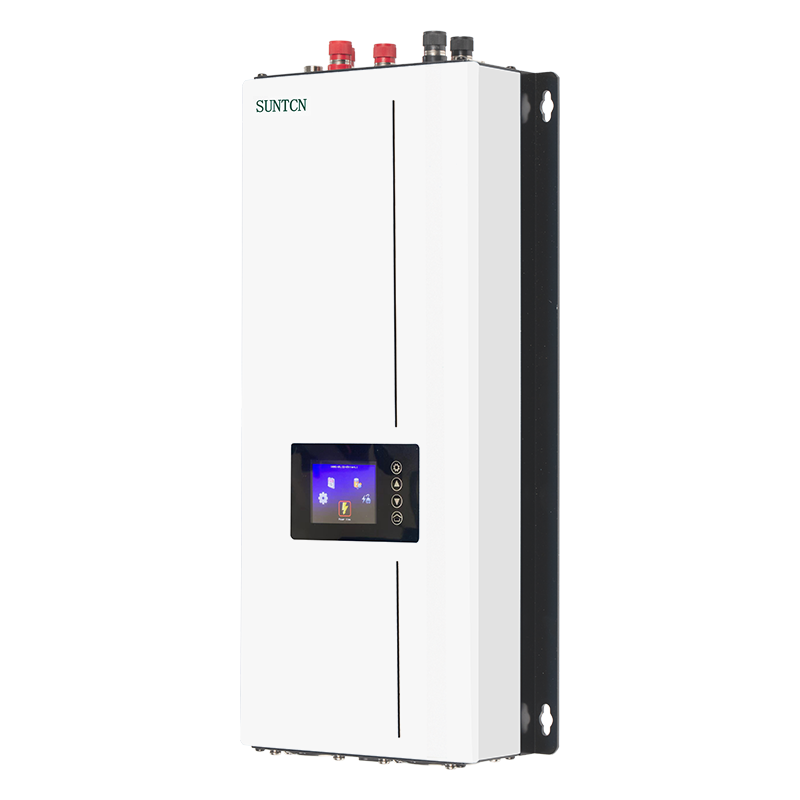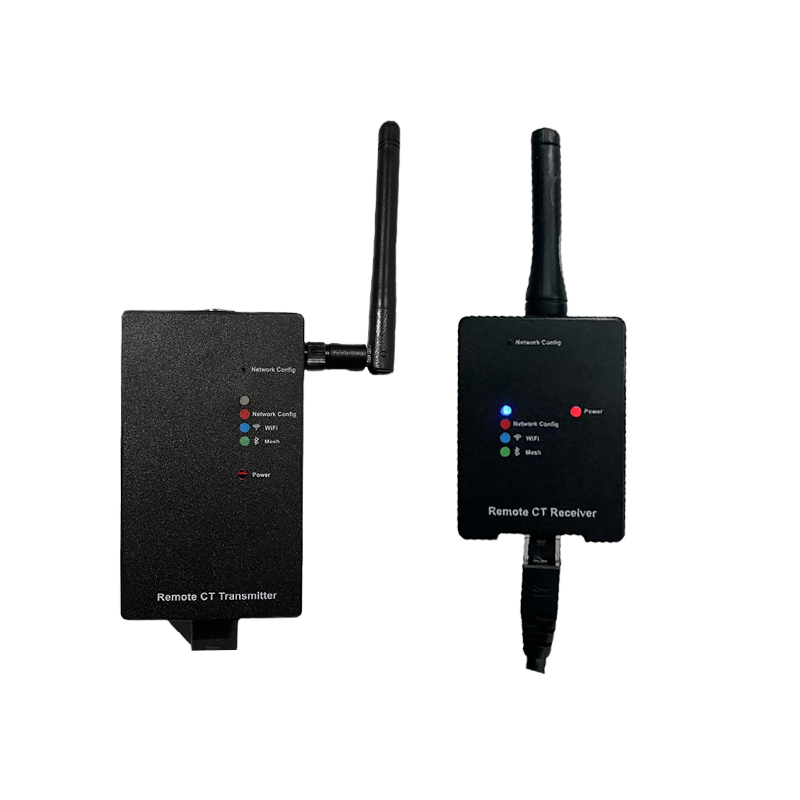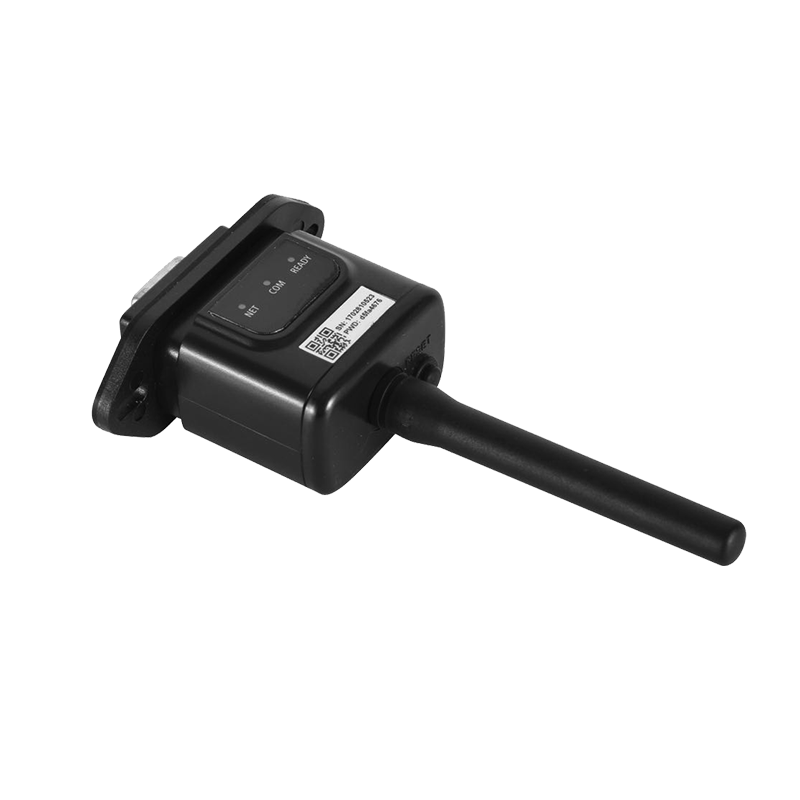Photovoltaic (PV) grid-connected inverters are essential components of solar power systems, enabling the efficient utilization of renewable energy. These inverters provide several advantages that contribute to enhancing energy efficiency. Let's explore some of these advantages:
-
Power Point Tracking (MPPT): PV grid-connected inverters incorporate MPPT technology, which allows the system to operate at its efficiency. MPPT ensures that the solar panels are continuously adjusted to operate at their power output, even under varying weather conditions or changes in solar irradiance. This feature maximizes the energy yield from the PV system, increasing overall energy efficiency.
-
Reactive Power Control: Grid-connected inverters can actively manage reactive power, which is crucial for maintaining grid stability. By adjusting the power factor, these inverters help improve power quality and reduce transmission losses. Reactive power control ensures efficient energy transfer between the PV system and the grid, optimizing overall system performance.
-
Monitoring and Data Analysis: PV grid-connected inverters often come equipped with monitoring systems that provide real-time data on energy generation, consumption, and system performance. This data allows system owners to identify any anomalies, detect potential issues, and optimize system efficiency. By analyzing this information, adjustments can be made to maximize energy production and minimize energy losses, thereby enhancing overall energy efficiency.
-
System Integration and Smart Grid Compatibility: PV grid-connected inverters can be integrated into smart grid systems, enabling bidirectional communication between the PV system and the grid. This integration facilitates advanced functionalities like demand response, load management, and real-time energy monitoring. By leveraging these features, energy consumption can be optimized, and the grid can be effectively balanced, resulting in improved energy efficiency.
-
Reducing Energy Losses: PV grid-connected inverters minimize energy losses during the conversion process. By converting DC power from solar panels to AC power at high efficiency, these inverters ensure that a significant portion of the solar energy is effectively utilized. This reduction in energy losses translates into higher overall energy efficiency and a better return on investment for PV system owners.
In conclusion, photovoltaic grid-connected inverters offer various advantages that contribute to enhancing energy efficiency. From advanced technologies like MPPT and reactive power control to integration with smart grid systems and data analysis capabilities, these inverters help optimize energy production, reduce losses, and promote a more efficient utilization of renewable energy resources.

 English
English Español
Español Deutsch
Deutsch